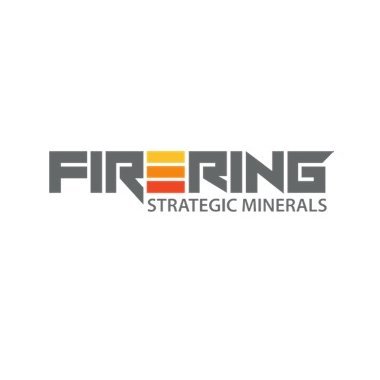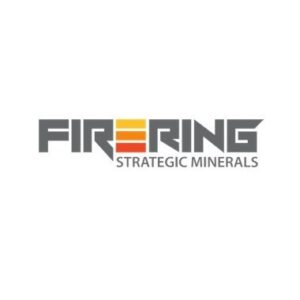The BMW Group is actively developing sustainable solutions to ensure future relevance. At BMW Group Plants Dingolfing and Regensburg in Bavaria, the paint shops are transitioning to dry separation using limestone powder. All four paint lines at Dingolfing have been converted, and the first line in Regensburg adopted the process in early 2024. The second line in Regensburg is scheduled for conversion in August 2025. This change already saves 17 million litres of water and approximately 17,400 megawatt-hours of energy annually, reducing CO2 emissions by over 5,000 tonnes.
Dingolfing and Regensburg are setting new standards in resource conservation. Dingolfing’s paint shop was the first in BMW’s global production network to switch entirely to dry separation, upgrading all four paint lines over two years without halting operations. Regensburg is following suit, with one paint line already converted and the second planned for August 2025. Given that painting is the most energy-intensive part of vehicle production, these measures significantly impact the plants’ carbon footprints. Anton Kronseder, head of the Dingolfing paint shop, noted that this switch helps achieve BMW Group’s goal of reducing CO2 emissions by 40 percent across the vehicle lifecycle by 2030.
The new process saves 17 million litres of water annually, enough for almost 100 families of four for a year. Additionally, dry separation, which uses recirculated air, conserves 17,400 megawatt-hours of heating energy annually, cutting over 5,000 tonnes of CO2 emissions. The limestone used as a binder is recycled for the construction materials industry.
Dingolfing was the first to be converted, but the technology debuted at BMW Group Plant Regensburg in 2010 for clear-coat application. According to Dr Jürgen Stiegler, head of the Regensburg paint shop, dry separation with limestone powder was a pioneering move in the automotive industry.
Overspray is now recyclable with the new system. At the converted lines in Dingolfing and Regensburg, overspray is collected using limestone as a binding agent, saving about 4 million litres of water annually in Dingolfing and 13 million in Regensburg. Unlike the previous wet-scrubbing method, dry separation uses 80 percent recirculated air, requiring only 20 percent of the air to be tempered and humidified, thus saving substantial energy. In Dingolfing, heating energy usage is down by 13,000 megawatt-hours annually, reducing CO2 emissions by over 4,000 tonnes. Regensburg saves around 4,400 megawatt-hours of natural gas and avoids approximately 1,150 tonnes of CO2 emissions.
An additional benefit is that limestone powder does not need to be treated and disposed of like contaminated water. Instead, it can be reintegrated into the material cycle.
BMW’s innovative use of limestone powder in their paint shops at Dingolfing and Regensburg highlights the company’s commitment to sustainability, significantly conserving resources and reducing emissions.
Firering Strategic Minerals plc (LON:FRG) is an AIM-quoted mining company focused on becoming a near-term cash generating producer of Quicklime, through their Limeco Project in Zambia, whilst at the same time progressing with the exploration and development of their Atex Lithium Project, Côte d’Ivoire.


